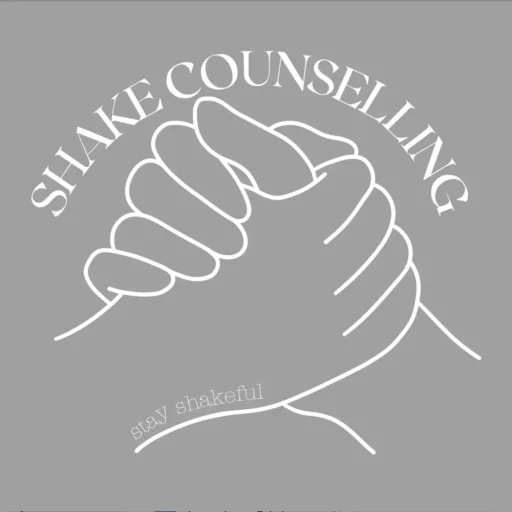How Movement-Based Therapy Enhances Emotional Intelligence in Youth
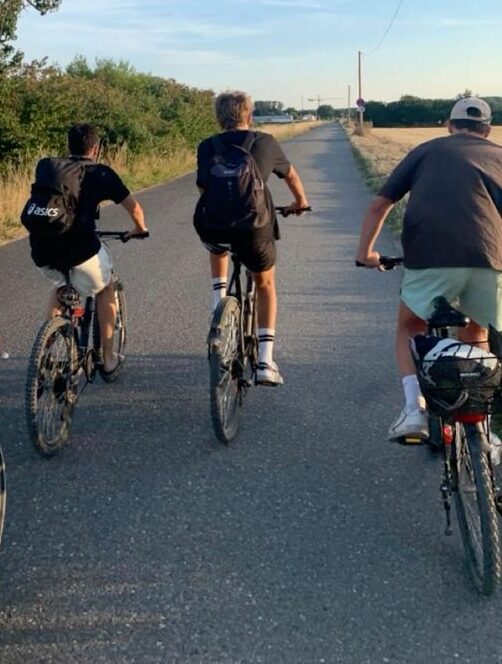
Table of Contents
Introduction
Are you noticing your teen struggling with:
- Difficulty expressing or understanding their emotions?
- Trouble managing stress and anxiety?
- Challenges in connecting with peers meaningfully?
- Physical tension or restlessness?
- Resistance to traditional talk therapy?
You’re not alone. Many Geelong families are discovering that conventional approaches to emotional development aren’t enough anymore. That’s where movement-based therapy comes in – a groundbreaking approach that’s helping young people develop crucial emotional intelligence skills while staying engaged and motivated.
At Shake Counselling, we’ve pioneered innovative movement-based therapy methods that enhance emotional intelligence in teens. By combining physical movement with emotional development, we’re offering a unique pathway to self-discovery that goes beyond just sitting and talking. Our approach has already helped hundreds of young people in the Geelong area build stronger emotional awareness and better relationships.
Understanding Emotional Intelligence
Emotional intelligence encompasses five fundamental components that shape how we perceive, express, and manage our emotions while navigating relationships with others. For teenagers and young adults, these skills become particularly crucial during their formative years.
Core Components of Improving EQ
Self-awareness: The ability to recognise and understand your own emotions, strengths, and limitations. Through movement-based therapy, young people learn to identify how different emotions manifest in their bodies, creating a stronger connection between physical sensations and emotional states.
Self-regulation: Managing emotions and impulses effectively. Movement provides a healthy outlet for emotional expression, helping youth develop practical strategies for emotional control.
Motivation: The drive to pursue goals and maintain optimism despite setbacks. Physical activities in therapy sessions help build resilience and determination.
Empathy: Understanding and relating to others’ emotions. Group movement activities create opportunities for young people to recognise and respond to others’ emotional states.
Social skills: Building and maintaining healthy relationships. Structured movement exercises promote positive interaction and communication skills.
The Power of Movement in Emotional Development
The mind-body connection serves as the foundation of movement-based therapy, offering alternative therapy methods that transcend traditional approaches. When you engage in movement therapy, you’re not just moving your body – you’re creating new neural pathways that enhance emotional processing and understanding.
Physical Activity and Emotional Processing
Movement impacts our emotional state through several key mechanisms:
Release of endorphins and other mood-enhancing chemicals
When you move your body, it triggers the release of natural ‘feel-good’ hormones that boost mood and reduce stress, similar to the “runner’s high” many athletes experience.
Activation of the body's natural stress-relief systems
Physical movement stimulates your parasympathetic nervous system—your body’s ‘rest and digest’ mode—helping to calm anxiety and reduce tension naturally.
Creation of new neural connections linking movement and emotion
Regular movement-based activities strengthen the pathways between your brain’s emotional and motor centers, improving your ability to process and manage feelings effectively.
Development of body awareness and emotional recognition skills
Through mindful movement, you learn to recognise how emotions manifest physically in your body—like tension in your shoulders during stress or a racing heart when anxious—making it easier to identify and address feelings early. Body-based therapy specifically focuses on these physical-emotional connections, helping you develop a deeper understanding of your body’s emotional language.
Youth emotional development benefits significantly from this integrated approach, as physical movement and body-based therapy techniques provide a natural and engaging way to explore and process complex emotions. Unlike traditional talk therapy alone, body-based therapy helps young people tap into their body’s innate wisdom and emotional intelligence through movement, touch, and physical awareness exercises.
Innovative Techniques in Movement-Based Therapy
At Shake Counselling, we employ a diverse range of movement-based activities designed to enhance emotional intelligence:
Expressive Movement Activities
- Contemporary dance sessions: Express emotions through free-form movement in a safe, non-judgmental space where words aren’t needed.
- Martial arts training: Learn self-discipline and emotional control through structured movements and mindful practice.
- Sports-based therapy: Build confidence and social skills through team games and cooperative physical challenges.
- Rhythm exercises: Develop emotional regulation by syncing movement with beats and following structured patterns.
Mindfulness and Body Awareness Exercises
- Guided movement meditation: Connect with your body while staying present in the moment through gentle, mindful movements.
- Progressive muscle relaxation: Learn to identify and release physical tension that’s connected to emotional stress.
- Body scanning practices: Develop awareness of how emotions manifest physically in different parts of your body.
- Breathing exercises: Master the connection between breath and movement to better manage anxiety and strong emotions.
Social Integration Activities
- Partner movement exercises: Build trust and connection through synchronised movements and shared physical activities.
- Group choreography projects: Develop teamwork and communication skills while creating movement sequences together.
- Movement-based conflict resolution: Learn to navigate disagreements through physical metaphors and embodied problem-solving.
- Trust-building games: Foster connection and mutual understanding through supervised movement-based group activities.

Measuring Success: The Impact on Youth Emotional Development
Movement-based therapy has demonstrated significant positive outcomes in improving EQ across various areas:
Enhanced Communication Skills
- Improved non-verbal communication awareness: Develop a deeper understanding of body language, facial expressions, and physical cues in social interactions.
- Greater confidence in self-expression: Find your voice through movement, building the confidence to express thoughts and feelings more openly.
- Better understanding of social cues and dynamics: Learn to read and respond appropriately to social situations through movement-based group activities.
Strengthened Emotional Resilience
- Increased ability to handle stress and anxiety: Discover physical techniques to manage overwhelming emotions and stay grounded in challenging situations.
- Better coping mechanisms for emotional challenges: Build a toolkit of movement-based strategies to handle difficult emotions and experiences.
- Enhanced problem-solving skills in social situations: Learn to approach conflicts and challenges with a clearer mind and more balanced perspective.
Improved Mental Health Outcomes
- Reduced symptoms of anxiety and depression: Experience natural mood enhancement through regular movement and physical expression.
- Increased self-esteem and body image: Develop a more positive relationship with your body through mindful movement practices.
- Stronger sense of personal identity: Discover who you are through movement exploration and self-expression.
- Better emotional regulation capabilities: Master the ability to recognise, understand, and manage your emotions through physical awareness.
Shake Counselling's Unique Approach
Our unique blend of movement-based and body-based therapy integrates evidence-based practices with innovative techniques, specifically designed for young males aged 12-25 in the Geelong area. By combining traditional therapeutic approaches with body-based interventions, we understand and address the unique challenges faced by youth today, tailoring our approach to work with both mind and body.
Our Therapeutic Framework
Integration of body-based and movement therapy with DBT and ACT principles
We weave together body-based therapy techniques with proven therapeutic approaches, teaching mindfulness and acceptance through movement while building practical life skills.
Customised body-based programs for NDIS participants
Our NDIS-registered therapists create personalised therapy plans that incorporate both movement and body-based interventions, aligning with your goals and support requirements.
Flexible session formats
Choose between individual sessions focusing on personal body-based exploration, or group sessions that combine movement therapy with social interaction—both designed to suit your comfort level and therapeutic needs.
Progress tracking and regular outcome assessments
We use comprehensive assessment tools that measure both physical and emotional progress, ensuring our body-based and movement therapy approaches are creating meaningful change.
Client Success Stories
“Before starting movement therapy at Shake Counselling, I struggled to express my emotions. Now, I have tools to understand and manage my feelings better.” – James, 17
“The transformation in my son’s emotional awareness has been remarkable. He’s more confident and better at handling stress.” – Michelle, parent of a 15-year-old client
Why Movement Matters for Your Teen's Future
The journey to emotional intelligence doesn’t always start with words. Sometimes, the most profound breakthroughs happen through movement. At Shake Counselling, we’ve seen countless young people transform their emotional understanding through our movement-based therapy approach, building the confidence and resilience they need for life’s challenges.
Taking the Next Step
Emotional intelligence development through movement-based therapy offers a powerful pathway to personal growth and emotional maturity. Whether you’re a young person looking to better understand your emotions, or a parent seeking support for your child, our innovative approach provides practical tools for emotional development.
Get Started Today
You’re invited to explore how movement-based therapy can support emotional growth and development. Shake Counselling offers:
- Complimentary initial consultations
- NDIS-Support services
- Flexible scheduling options
- Individual therapy and group sessions
- Evidence-based movement therapy programs
Contact Us
Transform your understanding of youth emotional development through movement – book your consultation today here.
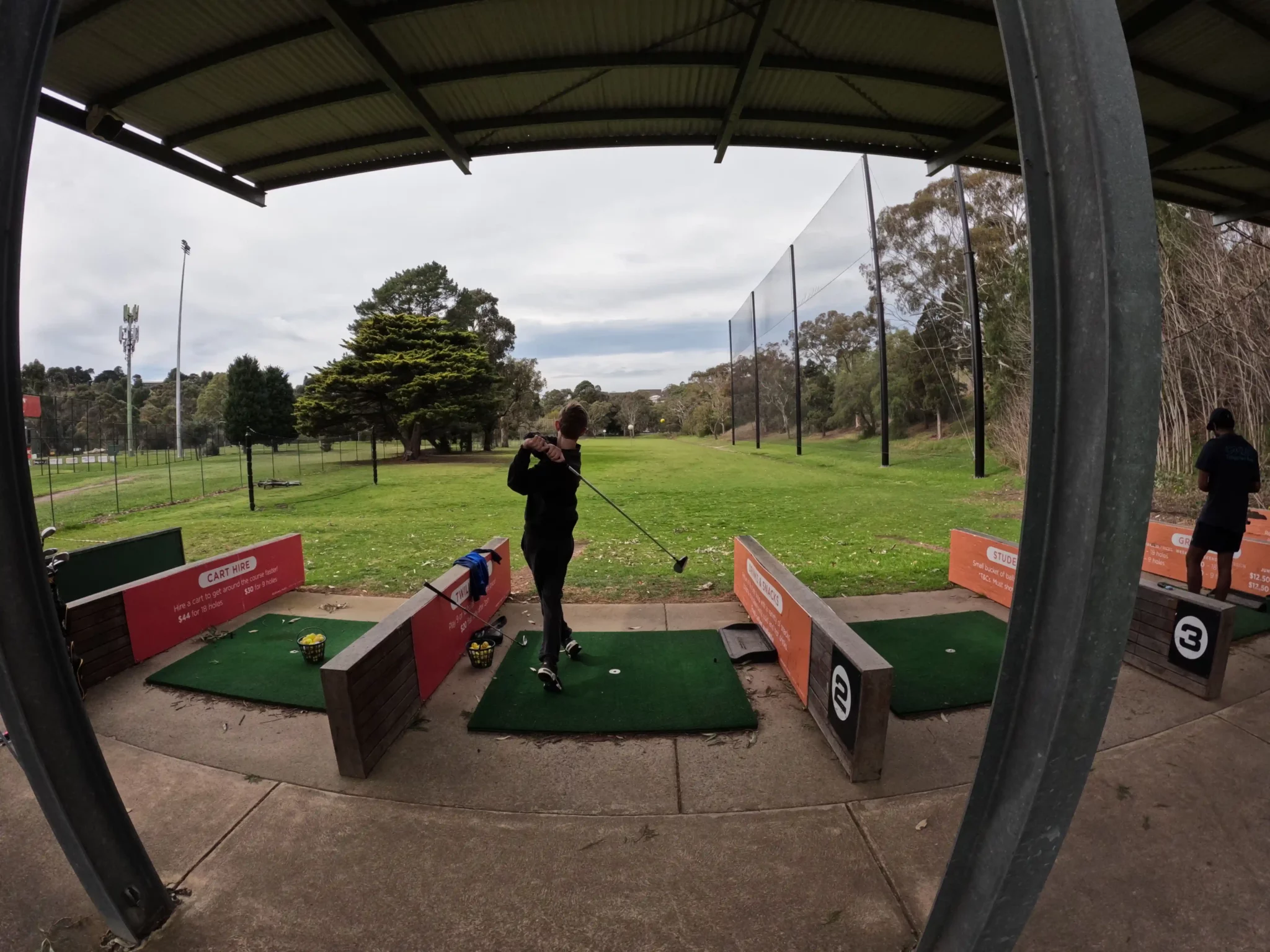
Why Choose Shake Counselling For Your Teen's Emotional Development Journey?
- Specialized youth focus: Experts in engaging young males aged 12-25
- Unique approach: Movement and body-based therapy that actually works
- NDIS registered: Making quality support accessible in Geelong
- Male therapists: Positive role models who understand young men
- Proven results: Helping hundreds of local families transform lives
Recent Articles

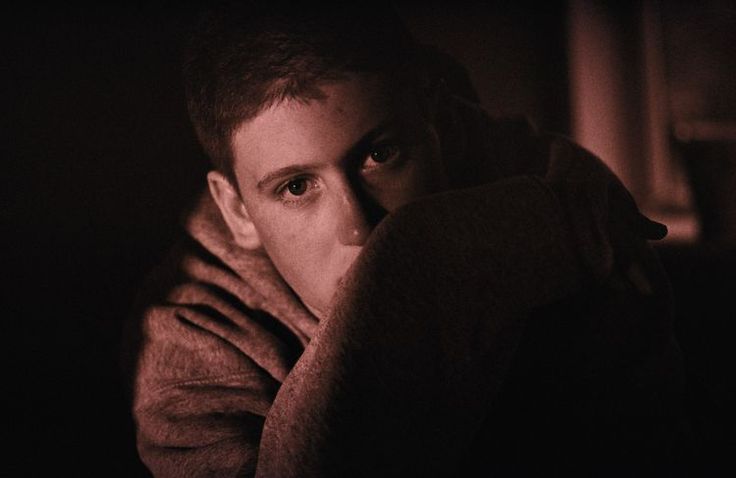
Recognising The Signs A Teen Needs Counselling: A Guide for Parents
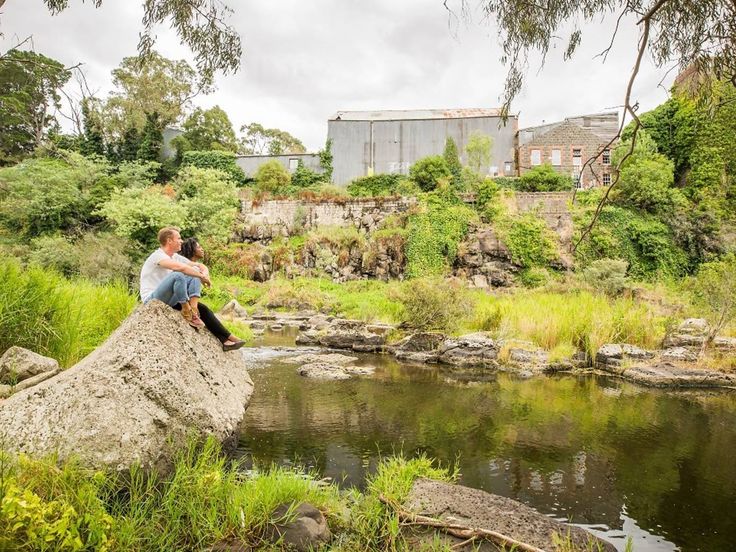
Navigating NDIS Support for Youth Mental Health in Geelong

How Movement-Based Therapy Enhances Emotional Intelligence in Youth

The Role of Physical Activity in Managing Teenage Anxiety and Depression

Understanding Dialectical Behaviour Therapy in Geelong

11 Newcastle St, Newtown VIC 3220
0422 868 258
Mon – Fri: 7:00am – 6:00pm
Sat: 7:00am – 2:00pm
We empower Geelong’s teens to navigate challenges, build strong relationships, and develop a positive sense of self.
